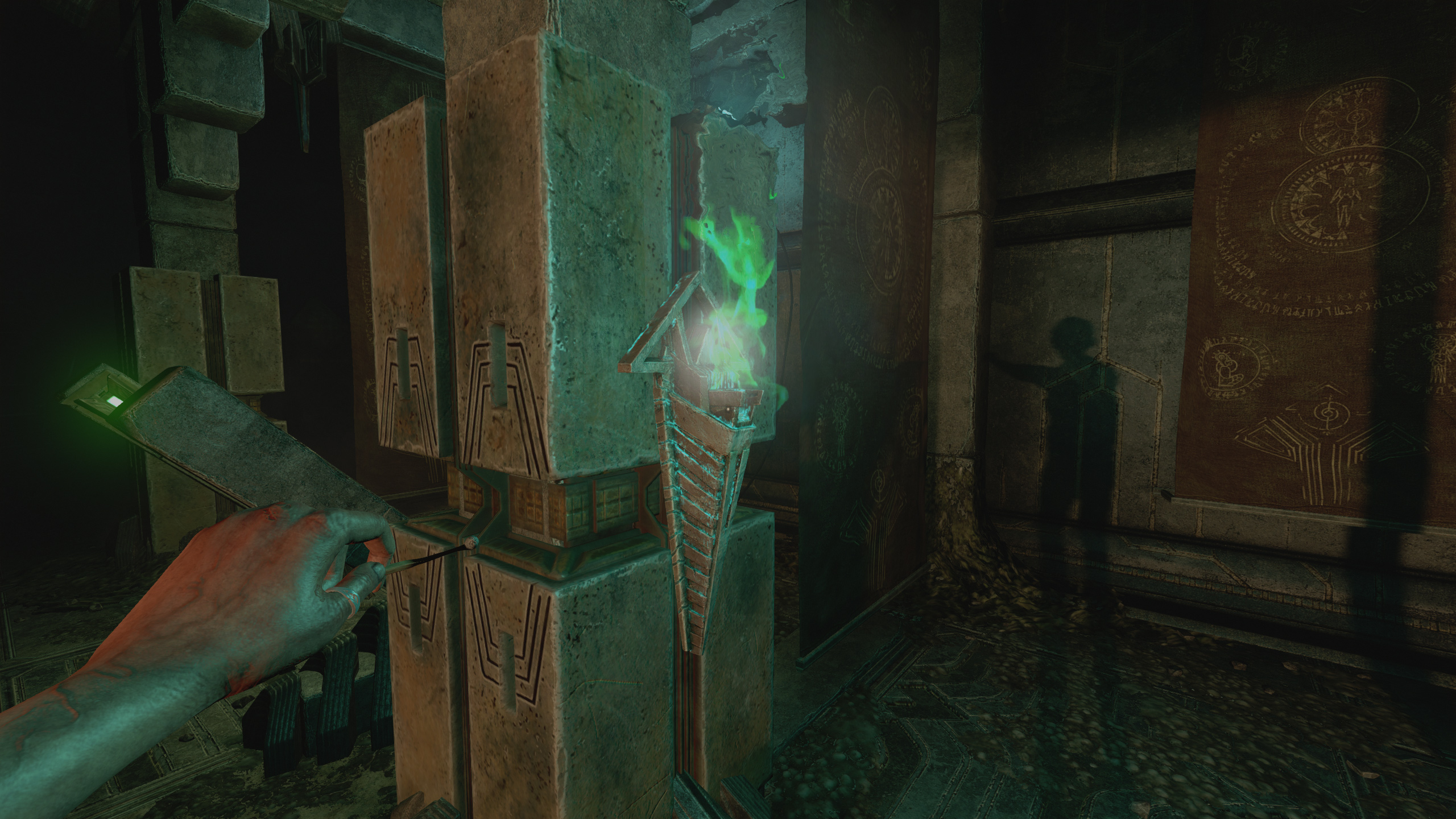
Sigmund Freud attributed many memory failures, particularly involving painful childhood experiences, to repression (the process of keeping disturbing thoughts or feelings relegated to the unconscious). Such an occurrence is called motivated forgetting. People sometimes forget things because they find them too unpleasant to think about.Retrograde amnesia is the inability to remember happenings that preceded the traumatic event producing the amnesia.Īnterograde amnesia is the inability to remember happenings that occur after a traumatic event. The memory loss is usually limited to a specific period. Amnesia is the inability to remember events from the past because of a psychological trauma ( psychogenic amnesia) or a physiological trauma ( organic amnesia), such as brain damage resulting from a blow to the head.Retroactive interference occurs if learning of new material interferes with the ability to recall previously learned material.Proactive interference occurs if previously learned material interferes with learning of new material.Interference is the confusion of one piece of information with another or the suppression of one in favor of another that was processed about the same time (as might happen, for example, if a student takes a Spanish lesson one period and a French lesson the next). It has been suggested that memory is stored in memory traces, which disappear when not used for a long time. Reconstruction: rebuilding of a scenario from certain remembered detailsĭecay is loss of information from memory as a consequence of die passage of time and lack of use. Recognition: identification of previously learned information (as, for example from a number of answer choices in a multiple‐choice test) Paired associate recall: recall of a second item based on a cue supplied by a first item
#Proactive amnesia. serial#
Serial recall: recall of items in the order in which they were learned


He found that most forgetting occurs during the first nine hours after learning. Hermann Ebbinghaus studied the relationship between ease of relearning (called savings) and the time between learning and relearning, which he expressed as a forgetting curve (Figure ). Memory Loss: Forgetting Forgetting is the loss or failure of memory.

suffered a traumatic head injury in a motorcycle accident and then had severe amnesia. The outstanding fact about K.C.’s mental make-up is his utter inability to remember any events, circumstances, or situations from his own life. His episodic amnesia covers his whole life, from birth to the present.

The only exception is the experiences that, at any time, he has had in the last minute or two. There are two common types of amnesia: anterograde amnesia and retrograde amnesia. Anterograde amnesia is commonly caused by brain trauma, such as a blow to the head. With anterograde amnesia, you cannot remember new information, although you can remember information and events that happened prior to your injury. The hippocampus is usually affected (McLeod, 2011). This suggests that damage to the brain has resulted in the inability to transfer information from short-term to long-term memory that is, the inability to consolidate memories.


 0 kommentar(er)
0 kommentar(er)
